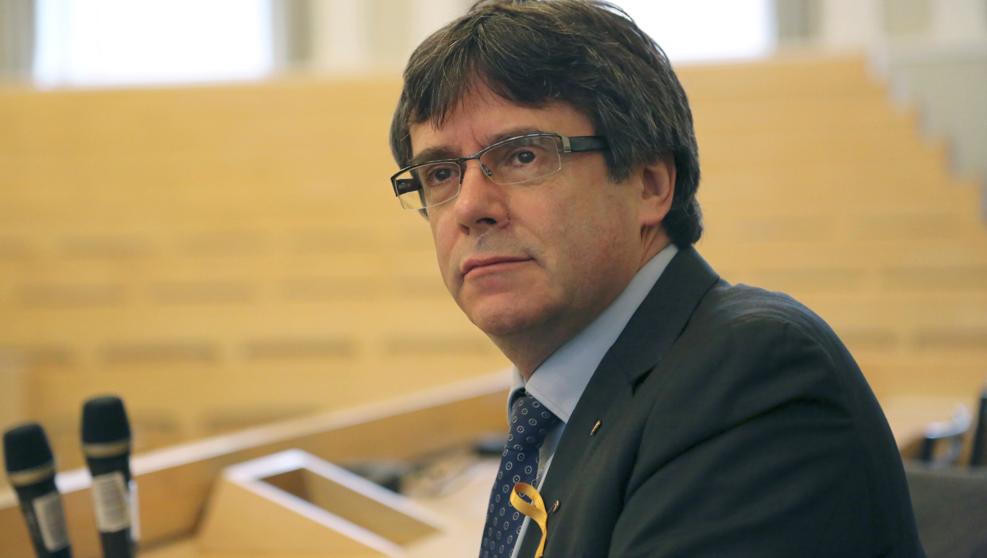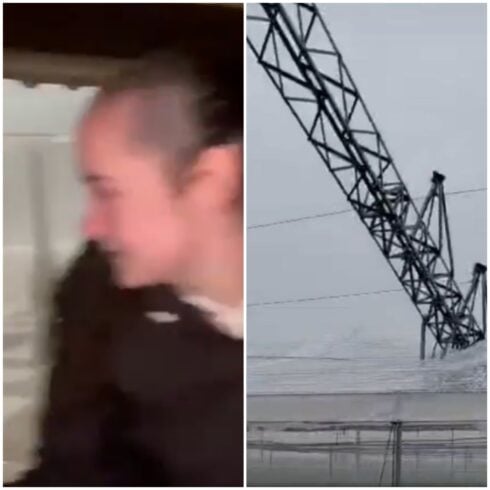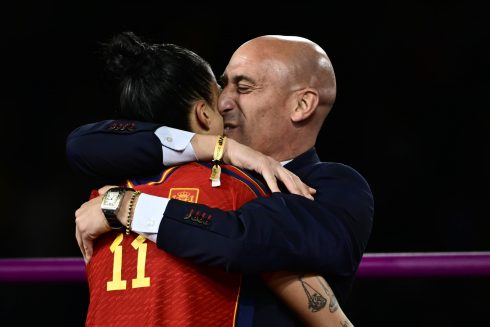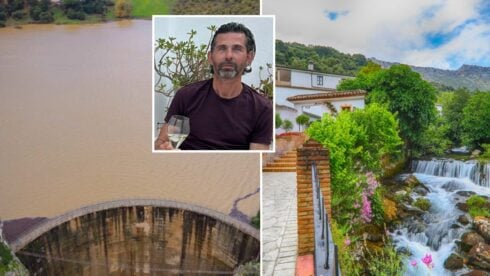SPAIN’S caretaker Deputy Prime Minister Yolanda Diaz has been slammed by the opposition for meeting with Catalan independence leader Carles Puigdemont. The politician has been living in self-imposed exile in Belgium since 2017 in a bid to avoid arrest for his role in the independence drive in Catalunya that same year.
The leader of the conservative Popular Party, Alberto Nuñez Feijoo, called Diaz’s meeting with Puigdemont on Monday ‘outrageous’ and a ‘democratic anomaly’.
Feijoo added that if caretaker Prime Minister Pedro Sanchez had not given Diaz express authorisation to meet with Puigdemont in Brussels, she should be sacked.
“If [Sanchez] does not fire Yolanda Diaz, Mr Sanchez is a necessary accomplice to this embarrassment that we are living through as Spaniards and as Europeans,” Feijoo added.
Diaz, who heads up the new leftist alliance Sumar, went to see Puigdemont to sound him out about his party’s possible support for Sanchez at a potential future investiture vote.
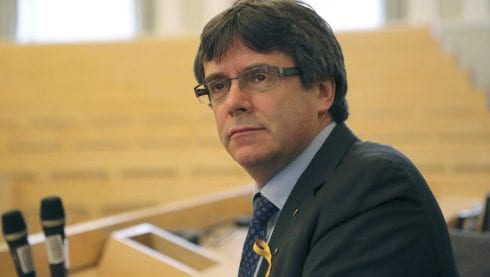
Sanchez’s Socialist Party and Sumar have the chance to form a coalition government after the inconclusive July 23 general election, but to do so will need the support of smaller parties in order to secure the 176-vote majority in the 350-seat Congress of Deputies.
Feijoo’s PP won the most votes at the general election but also fell short of a majority, and is unlikely to muster the sufficient support to secure power even with the support of far-right Vox.
Puigdemont’s party, Together for Catalunya, will play an essential role if Sanchez is to be successful in his bid to stay in office. Its votes will be needed at an investiture vote, but Puigdemont has been demanding major concessions in his bid for an independent Catalunya in exchange.
Pro-independence forces have been demanding a referendum on independence for the region, as well as an amnesty for all of those facing criminal charges over the events of 2017.
After her meeting with Puigdemont, Diaz said that the pair had agreed to ‘explore all of the democratic solutions to unblock the political conflict’ in Catalunya.
Feijoo’s PP was in power in 2017, the year that pro-independence parties organised an illegal referendum on Catalunya’s secession from Spain as well as declaring independence unilaterally in the regional parliament.
The central government suspended the region’s powers in response, and called regional elections. The PP administration of then-Prime Minister Mariano Rajoy was widely condemned both at home and abroad for the police’s heavy-handed tactics when trying to prevent the referendum from going ahead.
The approach of the Socialist-led administration over the last nearly four years has, in contrast, been more focussed on talks and concessions. These included pardons for the politicians who were convicted and sentenced for their role in the events of 2017, something that has also raised the ire of opposition groups such as the PP and Vox.
Read more:
Catalan premier takes advantage of political stalemate in Spain to push for independence referendum
Click here to read more Spain News from The Olive Press.

